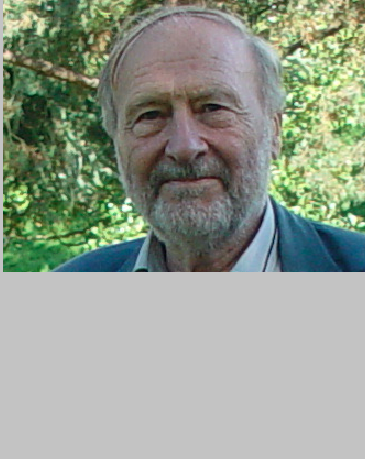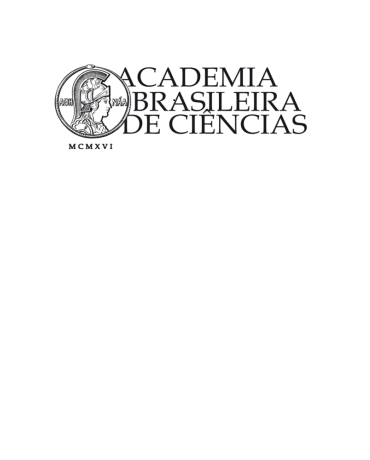The corresponding member of the Brazilian Academy of Sciences Jean Robert David passed away on June 19, aged 90, in France.
Jean was one of the last active members of the generation of French researchers who made Drosophila melanogaster a model of evolutionary genetics in the 1970s/1980s. Thus, providing a unique opportunity to expand knowledge regarding the genetics and development of this species in the study of adaptation and speciation mechanisms.
Over the course of his nearly 70-year scientific career, Jean has published over 400 articles primarily on Drosophila, dealing with subjects as diverse as systematics, biogeography, ecophysiology, morphometry, phenotypic plasticity, genetics, behaviour, reproductive isolation, and more recently, evo-devo and genomics. Jean travelled the world to study Drosophila. He completed his last field mission at age 87 on the island of Grande Comore.
Among the various titles and honors he received, David was an Honoris Causa Doctor of the Federal University of Rio de Janeiro (UFRJ), member of the Lyon Academy of Sciences and Fine Letters and Emeritus Director of Research at the Center’s Population, Genetics and Evolution Laboratory National Scientific Research (CNRS, its acronym in French), in France.
Jean discovered Brazil through the Brazil-France cooperation in the scope of the UNESCO Chair in Developmental Biology. For 18 years he traveled across the country, from north to south, giving lectures to scientists and students, many of them with the support of the UNESCO Chair. On his first visit to UFRJ, he met drosophilists interested in evolutionary problems and proposed a Brazilian Symposium on this theme. The first edition was in the UFRJ in November 1999. Since then, the major Brazilian research groups specialized in Drosophila have been engaged in the organization of these events. The Symposium on Ecology, Genetics, and Evolution of Drosophila occurs every two years and has already established itself as the most important event for meeting and debating for the Brazilian drosophilists community, always with guests and collaborators from other countries in South America, North America and Europe. Jean David attended all symposia held until 2019.
For two decades, he has been involved in a diversity of collaborations with Brazilian Scientists, boosting the French-Brazilian cooperation. In his speech upon receiving the title of Doutor Honoris Causa by UFRJ, Jean said: “I can tell here my great satisfaction for these collaborations and how much I appreciate both the high scientific quality of my colleagues and also their extreme kindness. Brazil is a country where I feel at home and where I have always a great pleasure to come back.”
An incomparable naturalist and entomologist, an exceptional experimenter, a rigorous and uncompromising scientist, Jean could convey his enthusiasm to students and colleagues. He was an outstanding leader and consolidated the collaboration between Brazilian and foreign groups of geneticists and zoologists. There is a gap in science, but beyond that there is an immense longing for a dear friend. The best tribute we can pay to his memory is to continue this work. Jean leaves an expressive personal and professional legacy, which will continue to live among us.
Blanche Christine Bitner-Mathé,
Associate Professor, Universidade Federal do Rio de Janeiro (UFRJ)
Lilian Madi-Ravazzi
Associate Professor, São Paulo State University (Unesp)
Vivaldo Moura Neto
Titular Professor, Universidade Federal do Rio de Janeiro (UFRJ)
Titular Member of the Academia Brasileira de Ciências


